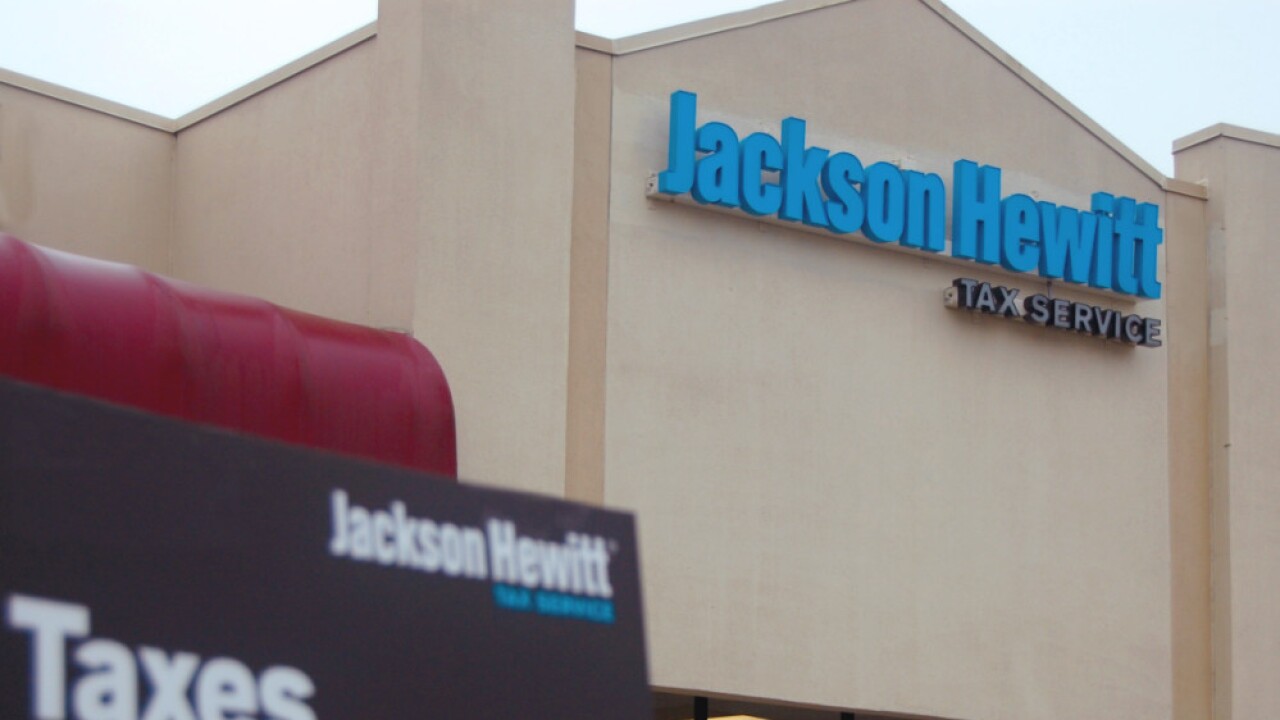Financial services provider Fidelity Investments released the results of its Higher Education Generational Survey, examining the retirement savings and investing behavior of 600 higher education employees across three generations.
The represented age groups were Generation Y (ages 21-32), Generation X (33-46) and Baby Boomers (47-65).
Overall, 49 percent of the employees described themselves as “conservative” investors about retirement. Respondents’ asset allocation strategies were comparable across the board, with Gen Y reporting a similar asset mix (50 percent stock, 35 percent bond/annuity and 15 percent cash) as Gen X and Baby Boomers.
“Time until retirement is one of the biggest factors that should be considered when determining asset allocation,” said John Ragnoni, executive vice president, Fidelity Tax-Exempt business, in a statement. “While we recognize many investors are feeling cautious in these uncertain markets, the asset mix of a participant with decades until retirement should look very different from that of someone who is on the verge of tapping into his or her retirement savings. Fidelity's tools and education can help younger investors assess their risk profile to build a better foundation for their retirement.”
More than half of the surveyed higher education employees (55 percent) said they consider themselves “beginners” at investing, and of those respondents: 71 percent were Gen Y, 50 percent Gen X and 51 percent Baby Boomers. Of all respondents, 63 percent expressed concern that they will not be able to live comfortably in retirement.
In terms of tools and resources to combat this anxiety, the survey revealed that Baby Boomers rely most on guidance from financial professionals, at 42 percent, and employer-provided education materials (37 percent). Gen X, on the other hand, primarily count on those educational materials from employers (37 percent) and websites (36 percent). More than half of Gen Y respondents, at 54 percent, utilize friends and family and 41 percent take advantage of online planning tools.
The lack of a retirement plan spans all ages, according to the survey, with only 24 percent of respondents claiming they had a formal plan in place. The number was also low for Baby Boomers, at 27 percent.
Almost half of all respondents (46 percent) said they will delay retirement or never retire at all. The number increased among faculty at 54 percent, and still more with older faculty, at 68 percent.
“Having a personal plan for retirement is more important than ever,” said Ragnoni. “This is especially true among boomers closest to retirement.”





